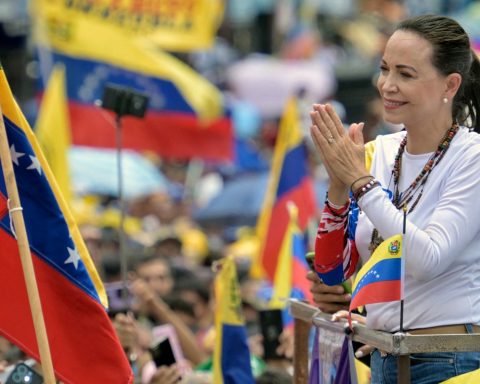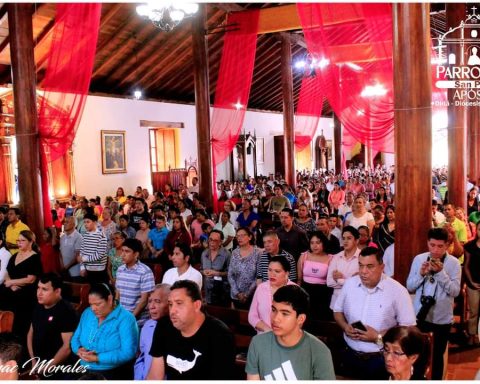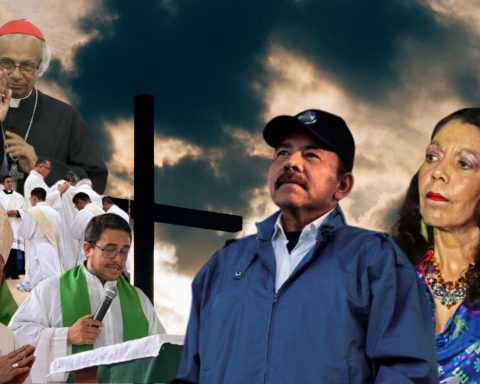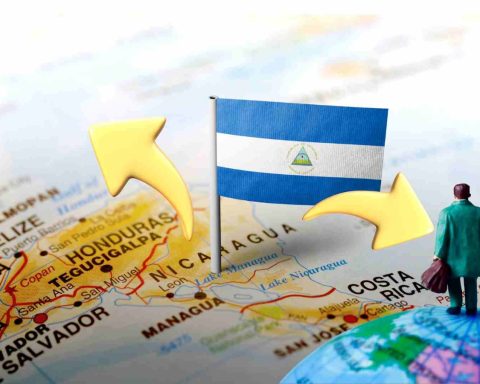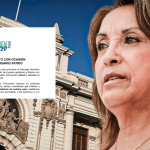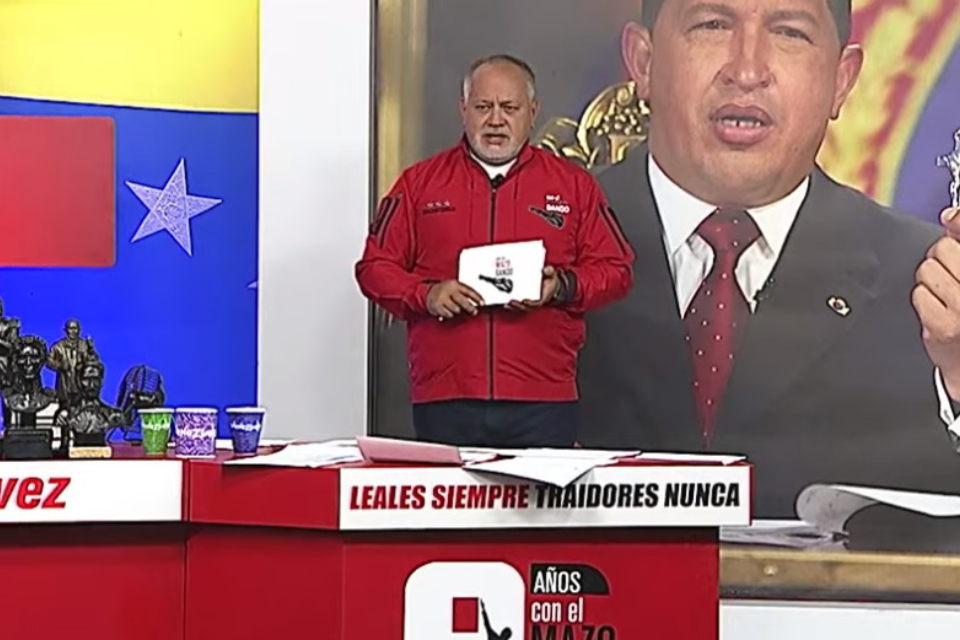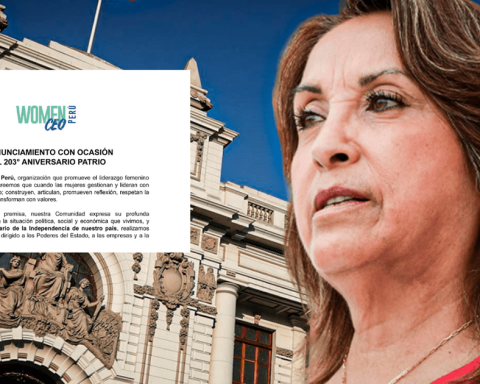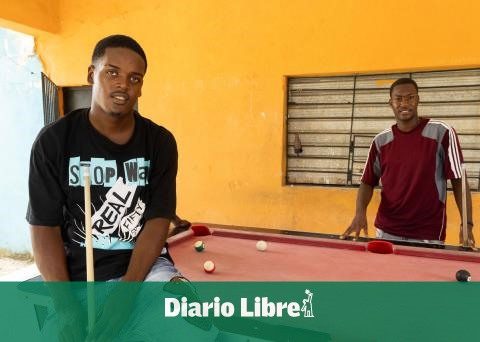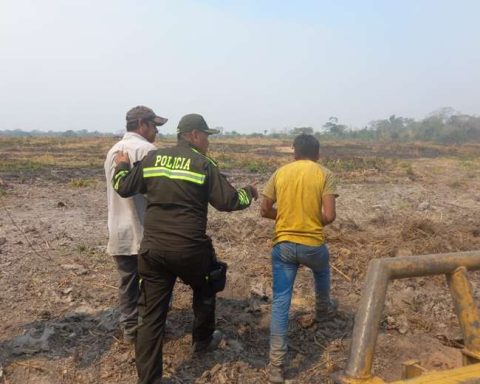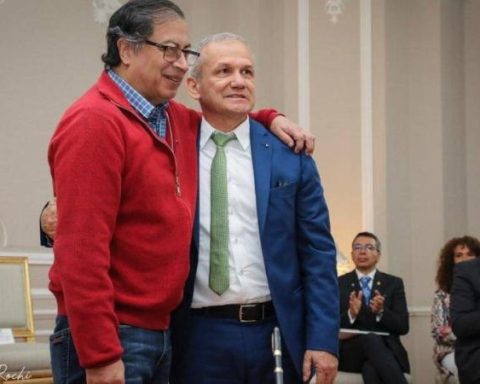The usual incendiary and offensive tone of Daniel Ortega was left under the table when the Sandinista tyrant was going to refer to the last failure of the International Court of Justice (ICJ), of The Hague, on July 13, 2023, which sided with Colombia in a maritime territory dispute beyond 200 nautical miles that the Managua regime had filed in the high international court.
“With Colombia, the situation has been more complicated,” Ortega began by saying in a mild tone, after listing the other disputes that the Central American country has undertaken against its neighbors Honduras and Costa Rica, in the same court in The Hague, the Netherlands.
Ortega appeared during the celebration for the 44th anniversary of the triumph of the Sandinista revolution, only accompanied by leaders from Burkina Faso, Biolorussia and Iran and applauded by a laptop from members of the Sandinista Youth. In his party act, the red and black caudillo recalled his role as a “mediator” in the 1990s between the Colombian government of the time and the guerrillas of the Revolutionary Armed Forces of Colombia (FARC), who sowed terror in that South American country, and took advantage of those memories of “leader negotiator” to call President Gustavo Petro to attend to the ICJ ruling.
“By this I mean that we have not been nations outside the peace processes, we have not been nations that have had major confrontations in another order. The problems have been of a borderline order, so if the Court has already ruled in their favor (2023) and the Court has already ruled in our favor (2012), then there we have the way out to now translate this into a decree, an agreement, where it is clear that Nicaragua already owns it, as indeed it does, and is exercising sovereignty in those 75,000 square kilometers that the Court gave it in the Caribbean Sea,” said the 78-year-old dictator with a strange tiredness.
«There we are 1 to 1. A failure benefits us and another benefits them. You have to comply, said Ortega. Thereupon he launched what seemed like a plea: «With the best spirit of understanding, of peace, I send this message to President Petro»Ortega closed by saying before going on to talk about another topic.
The ICJ ruling
The highest court of the UN said in its resolution of July 13 that it “rejects” Nicaragua’s arguments against a 2012 ruling that granted it a large extension of its maritime zones in the Caribbean, without going beyond 200 nautical miles that would make it overlap the sovereignty of seven Colombian islands.
The resolution was celebrated by the Colombian president Gustavo Petro, who, immediately after the ruling was announced, expressed on his Twitter account that the sentence had been a “great victory for Colomia”, while informing his followers that “the ICJ did not accede to Nicaragua’s claims to expand its continental shelf. With this ruling, we hope to close the border dispute and focus on bringing sustainable development to our archipelago,” said Petro.
Nicaragua claimed to delimit its continental shelf in the Caribbean, alleging rights to the seabed and subsoil beyond the 200 nautical miles established by international law.
However, this extension would imply an overlap with the continental shelf of Colombia in the archipelago of San Andrés, Providencia and Santa Catalina.
The dispute over this precious space dates back to 1928, when both countries signed a treaty that recognized Colombia’s sovereignty over the San Andrés archipelago.
Managua, which is unaware of the validity of the agreement, filed a first lawsuit before the ICJ in 2001, resolved in 2012 when the court granted it an area of approximately 75,000 km2 in the Caribbean Sea, but ratified Colombia’s sovereignty over the archipelago.
Related news: Colombia criticizes ICJ ruling that favors Nicaragua
In this way, the ruling left those Colombian islands surrounded by Nicaraguan territorial waters, a situation that led to another dispute over the presence of Colombian ships in the area.
As a result of the 2012 ruling, the Colombian government withdrew from the Pact of Bogotá, an instrument that precisely recognizes the jurisdiction of the ICJ for this type of dispute.
In 2013, Nicaragua filed another lawsuit before the ICJ to demand that Colombia refrain from violating maritime spaces.
Colombia in turn countersued Managua for affecting the lives of the Raizal population that lives from artisanal fishing in these territories.
